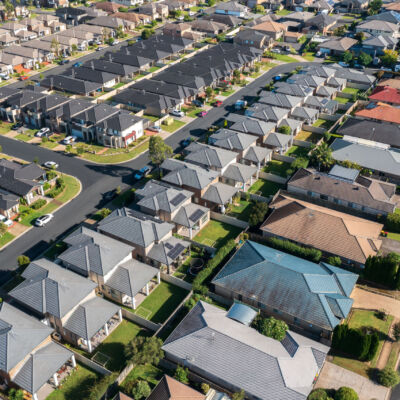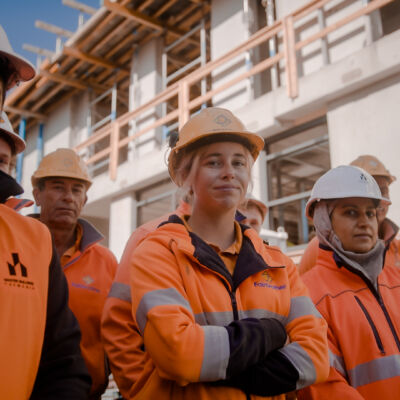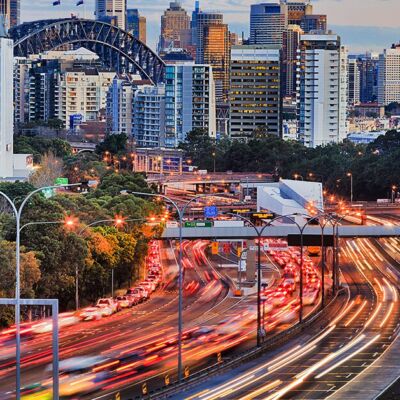- No products in the cart.
Whether you rent or own a home – it should be your choice.
We must solve the housing crisis
The housing crisis is the number one specific election issue that voters expect to be solved this election.
We are not building enough homes in Australia to give people the choice to either own or rent a home or have access to emergency accommodation.
This lack of housing supply is leading to rising rents, homelessness, and higher mortgages, which negatively impacts the well-being of individuals, families, and communities.
What kind of Australia are we building if we can’t even provide adequate housing options for people now?
Independent research by Insightfully found 1 in 4 say housing is the most important issue for them and 7 in 10 Australians say the Federal Government has not done enough.
Send a letter to your local MP and political candidates to find out what their plans are to solve the housing crisis.
You can choose from a range of topics via the dropdown menu and the letter is tailored to reflect the issue you most care about.
TELL YOUR MP AND LOCAL CANDIDATES HOW YOU FEEL.
Add your name and ask the government to ensure we can continue building a better future for all Australians.
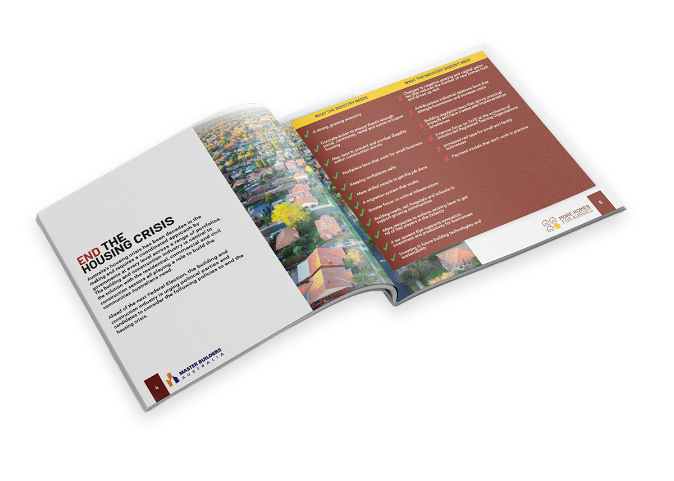

SIGN THE PETITION
Sign the petition to call on the next Federal Government to end the housing crisis once and for all.
The Federal Government wants to build 1.2 million homes over the next five years but we will not meet this goal unless urgent action is taken to reduce unneccessary cost and time delays.
The building and construction industry is central to ensure there’s more homes for Aussies but until political parties step up and put their words into action we will continue to be hamstrung.
Challenges include tradie shortages, high material costs, planning system delays, draconian industrial relations laws and other regulatory hurdles that do nothing to improve building quality or safety.
These challenges have resulted in delayed projects, increased construction costs, and reduced productivity.
Simply put, it’s too expensive and takes too long to build in Australia.
Housing is not a political football to be passed around from local, state and federal governments. It requires a coordinated approach with the Federal Government leading the way.
70% of Australians believe the Federal Government is the most responsible to solve the housing crisis, and we agree.
Sign our petition to call on the next Federal Government to play their part in solving the housing crisis and make sure we bring down inflation, train more tradies, fix damaging industrial relations changes, remove red tape, and help states with planning reforms and building critical infrastructure.


Every $1 million worth of building activity supports around $3 million in activity across the economy. This multiplier effect is vital to keep our economy strong and avoid falling into a recession.
However, high inflation and interest rates erode these efforts and hamstring the industry’s ability to deliver on projects.
On top of this, productivity in the building and construction industry has been in reverse, with labour productivity declining by 18 per cent over the past decade.
This matters because deteriorating productivity slows down project delivery and increases overall costs. In housing alone, the average cost of building a home has increased by 40 per cent since 2019.
Inflation must be controlled and the next Federal Government must commence a productivity-boosted agenda.
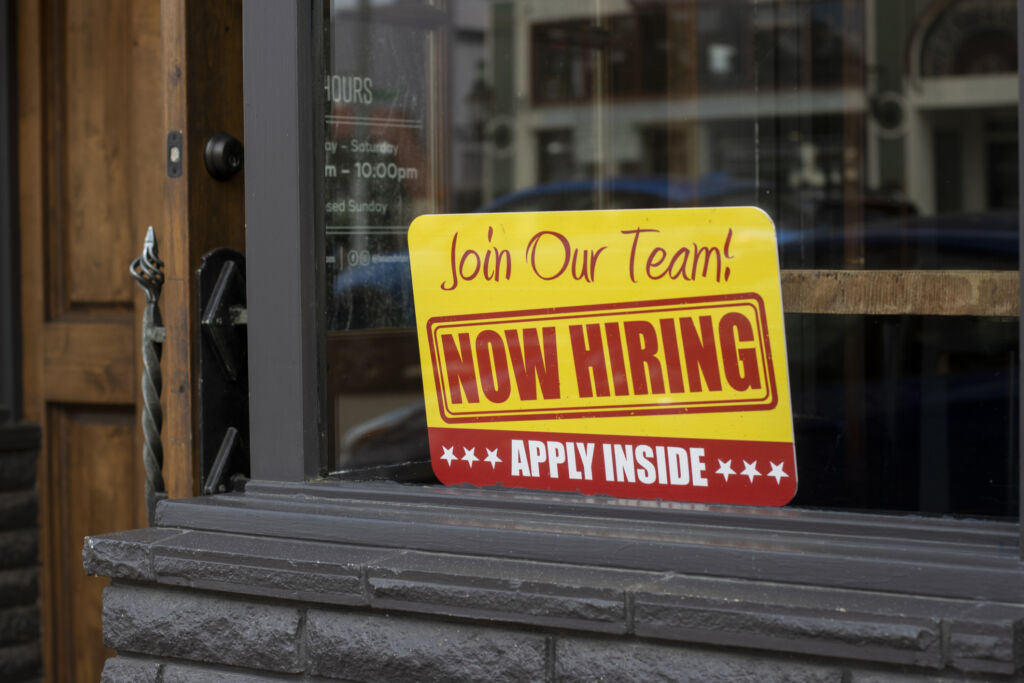

We need around 130,000 people to join the workforce over the next year, this is in addition to the new workers already needed to replace those who leave.
The building and construction industry is plagued by chronic and critical workforce shortages. Demand is far outpacing capacity to build, and the industry stands at the precipice of crisis.
Workforce shortages need to be fixed. Attracting the next generation of apprentices is critical and ensure TAFE and not-for-profit RTOs are financially supported. If they are not, then the strain on the industry, the economy, and people all around the country will tighten. While the industry is the largest it has ever been it is still not big enough.
Skilled migrants represent a vital part of the building and construction industry workforce. Around a quarter of all workers in the industry were born overseas. While bringing more apprentices to the industry, providing them with high quality training, education, on the job experience and support remains a priority for the building and construction industry, it is clear our ability to train more apprentices domestically cannot keep up with demand.
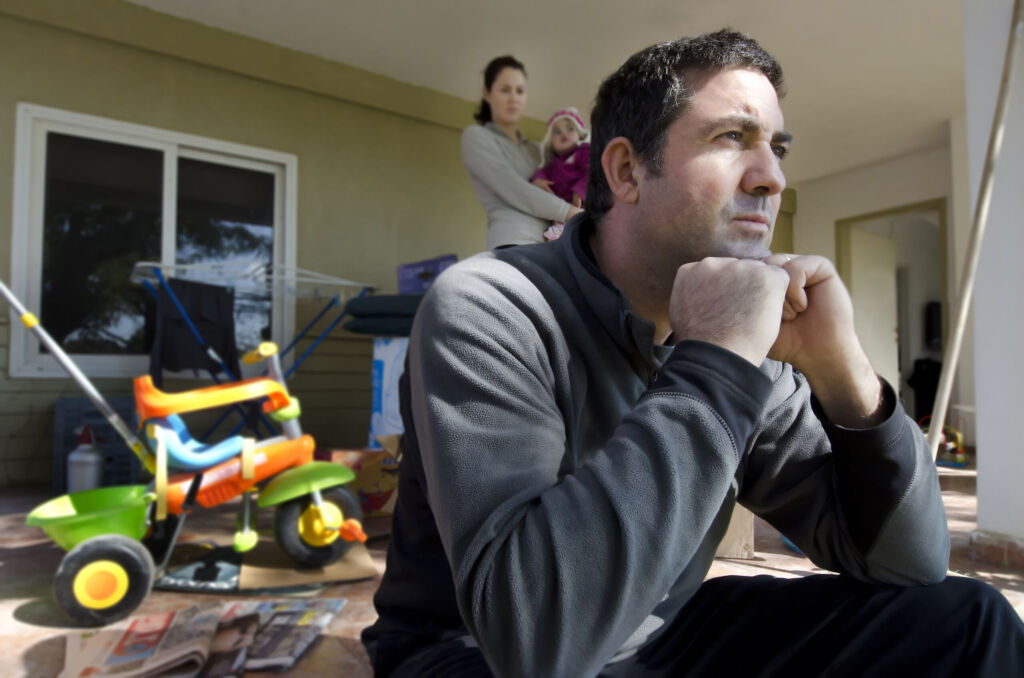

4 in 5 Aussies said it’s too difficult to buy or rent a property in Australia.
If you want to buy a home or live in private rental, it should be your choice, and social or community housing should be available if in need. A lack of housing supply due to government policy failures means Australians feel trapped or are struggling to meet rent.
The next Federal Government must support institutional investment in the social and community housing sector, and with build-to-rent.


High business taxation levels impede activity in the industry and prevent it from reaching its full potential. This results in new buildings and infrastructure carrying a heavier price tag than they should. Housing affordability is one of the areas which suffers most as a result. A lower tax burden would reduce the cost of doing business in the industry and help drive real improvements in Australian living standards.
Changes to negative gearing and capital gains tax arrangements on investment properties is an issue that reappears from time to time as a quick fix solution to put downward pressure on house prices. Economic modelling shows that changes to negative gearing or capital gains tax arrangements lead to a drop in new housing supply. When the country is facing a chronic shortage of housing supply, it makes no sense to change these tax arrangements.
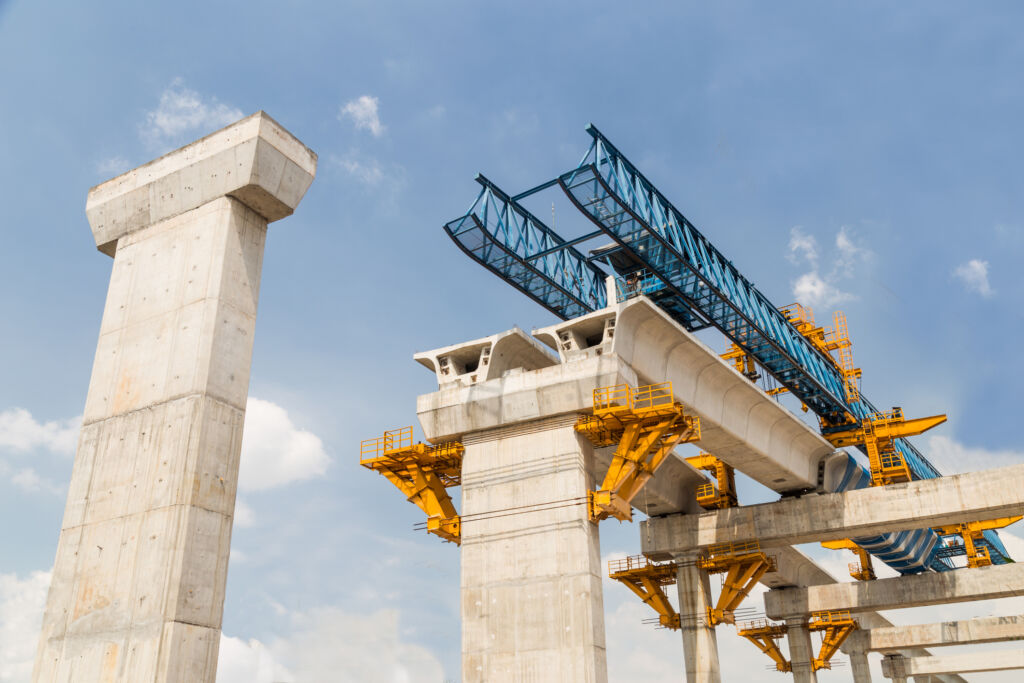

Critical infrastructure is essential to ending the housing crisis because it supports the development, accessibility and sustainability of new housing projects. One of the key barriers to building enough houses for Australians across the country is access to roads, water supply, sewerage, electricity and telecommunications in new communities. We cannot build homes until that infrastructure is in place.
Targeted infrastructure like roads, rail, hospitals and school keeps us out of traffic jams, ensures we are better connected, allows us to be healthier, raises our education levels and it makes our cities more productive. It also helps create a strong building industry and a strong economy, creating job and training opportunities for more Australians.
We need to ensure infrastructure is adequately funded to support growing communities and stop housing construction delays.


In housing alone, the average cost of building a home has increased by 40 per cent since 2019.
The building and construction industry is comprised of a large number of small businesses. This structure brings with it great flexibility, and a sense of connection with communities around the country, however, small-scaled businesses are also vulnerable in different ways.
The lack of ancillary support means that paperwork, regulation, and administrative obligations can be a huge source of stress for the people running these businesses. Amidst increasing materials costs, labour shortages, rising interest rates, disruptions and delays, the industry faces new challenges every day. These conditions have seen a significant increase in insolvencies and business shutdowns.
The next Federal Government must make it easier for small business by ensuring policies are sensible, practical and clear, and not have unintended costs and compliance burdens.
How is the current housing crisis affecting you?
Let us know by entering your answer below.
Help our campaign reach more people
Every dollar of support we receive goes to ensuring your
voice has an impact on issues that matter.







